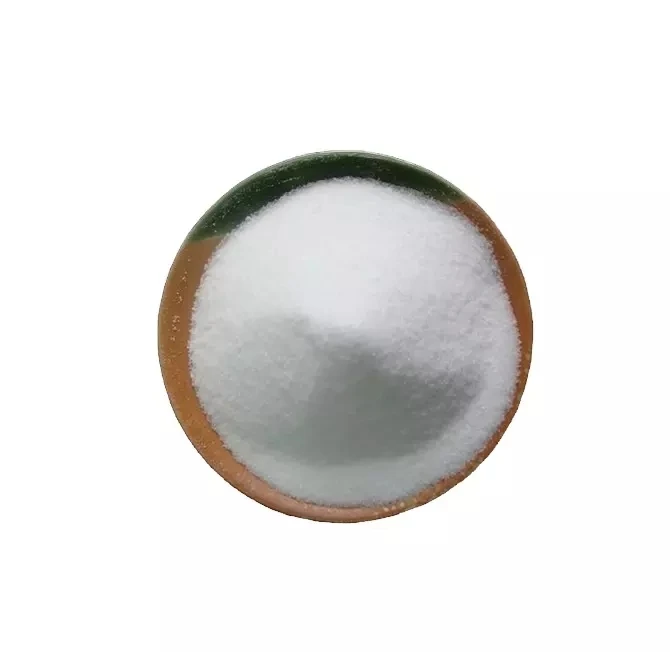Warning: Undefined array key "title" in /home/www/wwwroot/HTML/www.exportstart.com/wp-content/themes/1198/header.php on line 6
Warning: Undefined array key "file" in /home/www/wwwroot/HTML/www.exportstart.com/wp-content/themes/1198/header.php on line 7
Warning: Undefined array key "title" in /home/www/wwwroot/HTML/www.exportstart.com/wp-content/themes/1198/header.php on line 7
Warning: Undefined array key "title" in /home/www/wwwroot/HTML/www.exportstart.com/wp-content/themes/1198/header.php on line 7
- Afrikaans
- Albanian
- Amharic
- Arabic
- Armenian
- Azerbaijani
- Basque
- Belarusian
- Bengali
- Bosnian
- Bulgarian
- Catalan
- Cebuano
- China
- China (Taiwan)
- Corsican
- Croatian
- Czech
- Danish
- Dutch
- English
- Esperanto
- Estonian
- Finnish
- French
- Frisian
- Galician
- Georgian
- German
- Greek
- Gujarati
- Haitian Creole
- hausa
- hawaiian
- Hebrew
- Hindi
- Miao
- Hungarian
- Icelandic
- igbo
- Indonesian
- irish
- Italian
- Japanese
- Javanese
- Kannada
- kazakh
- Khmer
- Rwandese
- Korean
- Kurdish
- Kyrgyz
- Lao
- Latin
- Latvian
- Lithuanian
- Luxembourgish
- Macedonian
- Malgashi
- Malay
- Malayalam
- Maltese
- Maori
- Marathi
- Mongolian
- Myanmar
- Nepali
- Norwegian
- Norwegian
- Occitan
- Pashto
- Persian
- Polish
- Portuguese
- Punjabi
- Romanian
- Russian
- Samoan
- Scottish Gaelic
- Serbian
- Sesotho
- Shona
- Sindhi
- Sinhala
- Slovak
- Slovenian
- Somali
- Spanish
- Sundanese
- Swahili
- Swedish
- Tagalog
- Tajik
- Tamil
- Tatar
- Telugu
- Thai
- Turkish
- Turkmen
- Ukrainian
- Urdu
- Uighur
- Uzbek
- Vietnamese
- Welsh
- Bantu
- Yiddish
- Yoruba
- Zulu
Sep . 30, 2024 08:23 Back to list
Understanding Xylitol Its Benefits and Uses in Everyday Life
What is Xylitol?
Xylitol is a naturally occurring sugar alcohol that has gained popularity as a sugar substitute in recent years. Found in various fruits and vegetables, such as berries, corn, and mushrooms, xylitol is recognized for its sweet taste and potential health benefits, especially in dental care. It is often used by people looking for a healthier alternative to regular sugar due to its lower glycemic index and fewer calories.
Understanding Xylitol
Structurally, xylitol is a carbohydrate and belongs to a class of compounds known as polyols or sugar alcohols. Chemically, it is classified as a pentitol, which means it has five carbon atoms. This unique structure allows xylitol to provide sweetness without the metabolic drawbacks of traditional sugars.
In terms of sweetness, xylitol is approximately 70% as sweet as sucrose (table sugar) but has a significantly lower caloric value, providing about 2.4 calories per gram compared to the 4 calories per gram found in sugar. This makes xylitol an appealing option for those aiming to reduce their caloric intake while still enjoying sweet flavors.
Health Benefits
One of the most notable health benefits of xylitol is its positive impact on dental health. Studies have shown that xylitol can help reduce tooth decay by inhibiting the growth of harmful bacteria in the mouth, specifically Streptococcus mutans. This bacteria is a primary contributor to tooth cavities. When xylitol is consumed, it works by creating an unfavorable environment for these bacteria, leading to a decrease in their ability to produce acids that erode tooth enamel. As a result, regular use of xylitol can contribute to improved oral hygiene and a reduction in cavities.
xylitol what is it

Moreover, xylitol has also been found to promote saliva production. Saliva plays a crucial role in neutralizing acids in the mouth and providing minerals that can help repair tooth enamel. Therefore, incorporating xylitol into one’s diet, particularly in the form of sugar-free gum or mints, can support an overall healthy oral environment.
Xylitol in Food Products
Xylitol is often used as a sweetener in various food products, including sugar-free candies, chewing gum, baked goods, and even dental care products like toothpaste and mouth rinses. Its ability to blend well with other ingredients makes it a versatile choice for manufacturers looking to cater to health-conscious consumers.
However, while xylitol is safe for humans, it is important to note that it can be extremely toxic to dogs. Even small amounts can result in severe health issues, including rapid insulin release leading to hypoglycemia. Therefore, pet owners should be vigilant about keeping xylitol-containing products out of reach of their furry friends.
Conclusion
In summary, xylitol is more than just a sugar substitute; it is a functional ingredient that offers numerous health benefits, particularly for dental health. Its unique properties make it an excellent alternative for those looking to maintain a sweet taste in their diets without the drawbacks of traditional sugars. As awareness and understanding of xylitol continue to grow, it is likely to remain a popular choice in both food production and personal care products. Whether you are trying to cut down on sugar, manage your weight, or improve your oral health, xylitol can be a valuable addition to your diet. Always remember to enjoy it responsibly and keep it away from pets to ensure a safe and healthful experience.
Latest news
-
Certifications for Vegetarian and Xanthan Gum Vegetarian
NewsJun.17,2025
-
Sustainability Trends Reshaping the SLES N70 Market
NewsJun.17,2025
-
Propylene Glycol Use in Vaccines: Balancing Function and Perception
NewsJun.17,2025
-
Petroleum Jelly in Skincare: Balancing Benefits and Backlash
NewsJun.17,2025
-
Energy Price Volatility and Ripple Effect on Caprolactam Markets
NewsJun.17,2025
-
Spectroscopic Techniques for Adipic Acid Molecular Weight
NewsJun.17,2025

